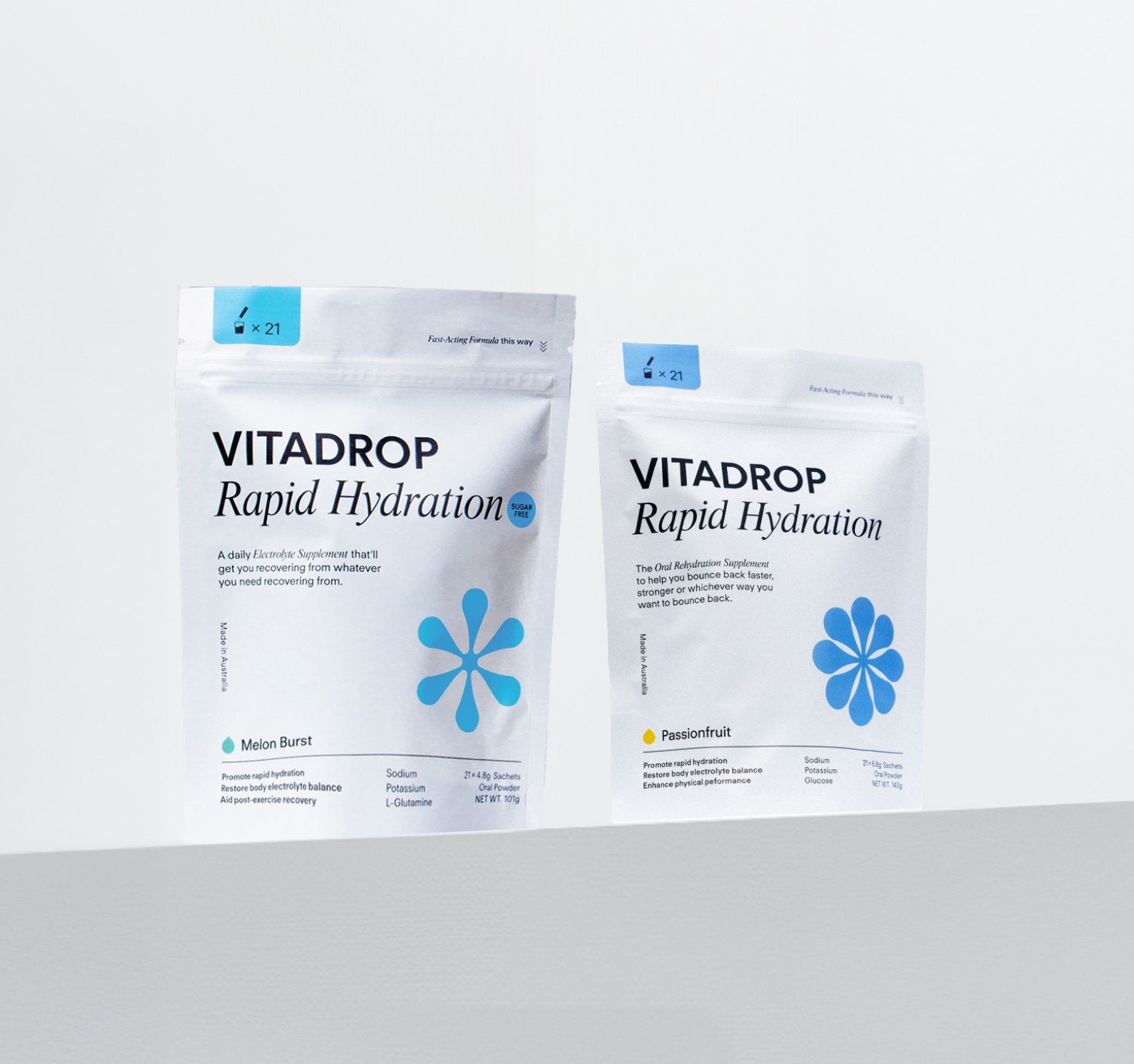WWorking in the context of nutritional health, there is always a major focus on things like proteins, fats, carbohydrates and vitamins intake.
But what about minerals? No less important than any of the other components we consider integral to our health, mineral consumption is something most of us tend to overlook when it comes to our nutrition.
So, naturally, we wanted to take a deeper look into these super nutrients and get in the know, why and how.
Why are minerals so important?
Minerals, like an ignition key for a car, work to trigger enzymes within the body. Minerals and enzymes then work together to control the responses of muscles, our nervous system and the beating of our hearts.
Minerals are required for nearly every chemical reaction that happens in our bodies. Water balance, energy production, digestion, antibodies, hormones, cell growth and repair, the lymphatic system and the immune system all require at least one or more minerals in order to function optimally. They are also an essential building block to the human body, responsible for the construction of bones, teeth, muscles, blood, nerve cells and soft tissue.
Fun Fact: Minerals make up between 4 and 5% of our total body weight! Yes, they’re that important.
Because of minerals' incredibly large involvement in the functioning of our bodily systems, this in turn means that mineral deficiency can occur easily, quickly and often without warning. But because there is less of a focus on minerals as a stand alone, we tend to skip over this part of our health when we’re looking for answers to our health issues.
Types of minerals
Macro-minerals: more than 100mg required daily (e.g. calcium, chlorine, phosphorus, potassium, magnesium, sodium and sulphur).
Micro-minerals: less than 100mg required daily (e.g. zinc, iron, copper, manganese, iodine).
Trace-minerals: minute amounts needed daily (e.g. chromium, cobalt, fluorine, molybdenum, nickel, selenium, silicon, vanadium).
Whilst some of these minerals are required in larger amounts, it is important to note that no one mineral is more important than the other. A deficiency of a trace-mineral like selenium may cause as many issues as the deficiency of a macro-mineral like magnesium.
Where do we get most of our minerals from and how can we increase our intake?
There are 90 known nutrients that the body requires as a means to stay healthy. 60 of these nutrients are minerals in trace amounts (trace = small). Unfortunately, that means just about all of us are in one way, shape or form, mineral deficient.
The only source of minerals we as humans consume are from our diet (e.g. spring water, salt*, seafood, bones or broth of land animals, green leafy vegetables, broccoli, legumes, nuts, and seaweed) or from the earth itself (e.g. bathing in salts, swimming in the ocean or in natural springs).
*An important note about salt: we thought it was worth mentioning that we are not referring to standard white table salt here. Standard table salt only holds two minerals (sodium and chloride) whereas salts like Celtic sea salt, pink Himalayan salt and iodised sea salt all contain an abundance of 80+ minerals. So, investing in high quality, mineral rich salt is an easy way to up your mineral intake.
A common misunderstanding with minerals is that plants produce them. While they do produce vitamins, plants do not produce minerals. Plants, via their roots, suck up minerals from the soil that they grow in, meaning that minerals must be in the soil in order for us to receive them via plants - otherwise known as plant derived minerals.
Minerals from plants have undergone a digestion process, whereby they are processed through different pathways and structures so that when they are consumed by us, they can bypass directly into our cells for use.
Why are more and more people finding themselves to be mineral deficient?
Ultimately, the consumption of minerals in our diets comes down to the soil in which our produce is grown. Because of conventional farming, most soil has not only been heavily sprayed with toxic chemicals like herbicides, pesticides and fungicides, but it also is not properly remineralised after crop production. Only three minerals are added back into the soil of conventional farming which are nitrogen, potassium and phosphorus.
Atop of the soil not being remineralised, the use of chemical sprays for insect management has seen the bacteria and microbes that are usually abundant in soil, seriously impacted.
And why is this bad? Well, think of the soil like your gut. Your gut requires an array of good and bad bacteria in order to break down and absorb the nutrients you consume. It doesn’t matter how many nutrients are available in the food that you consume - if you don’t have the right gut bugs to break them down, you won’t be able to absorb them.
Soil works in the same way as our microbiome. In order for nutrients and minerals to be digested for plants to consume (in turn, mineralising us) there needs to be a healthy balance of good and bad bacteria present in the soil that breaks them down.
So how can we work to increase the amount of minerals we are consuming each day?
There really are an array of ways to up your mineral intake day to day - it can be as simple as adding a pinch of high quality sea salt to your water bottle!
Other ideas include; considering the switch to organic and biodynamic produce, buying mineral supplements to support an already high quality diet, increasing your consumption of high quality seafood or bone broths, or even jumping into the ocean at the beginning or end of each day!
This by no means needs to be an overwhelming process. Starting small with incremental additions each day will mean that mineralising your cells is both simple and effective.
Happy mineralising!








